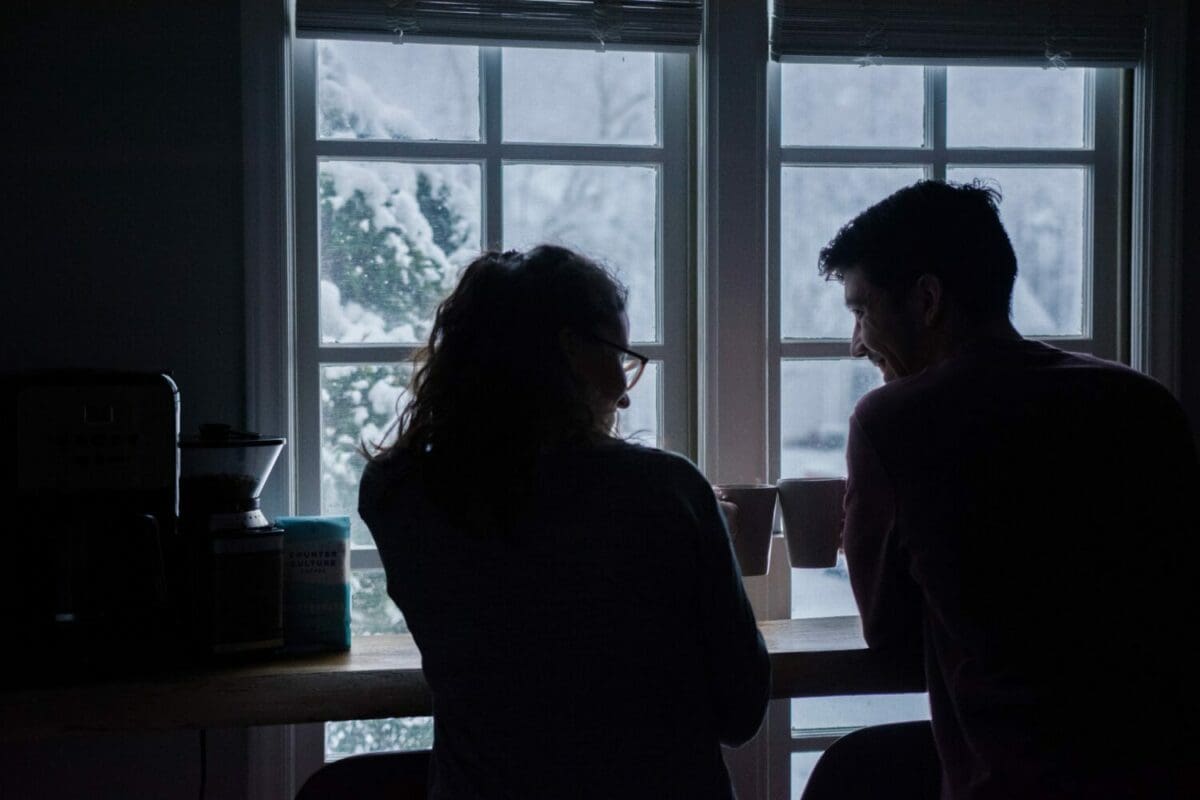
Relationships in Quarantine
May 18, 2020 in Be Positive, COVID-19, Educate Yourself
For those living with a romantic partner, I’m sure you’ve experienced a mix of positive and negative experiences with each other. In this unprecedented time, there really isn’t a rule book for how to be in a functioning relationship.
Feelings and issues might surface now that you are spending most of your time together and you may have no clue how to deal with them. My partner and I certainly don’t have all the answers, but I hope some of the points below help someone out.
- When we found out we would both be working from home, we
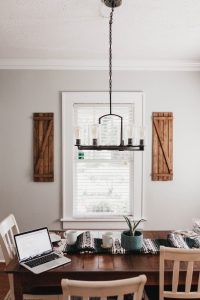 established separate working spaces. I took the office, and he took the dining room. This allows each of us to focus and allows us to have some space.
established separate working spaces. I took the office, and he took the dining room. This allows each of us to focus and allows us to have some space. - We plan a few at-home dates throughout the week. Once a week, we order take-out and watch a movie, a couple of days during the week, we go on a walk together, and some nights we just watch TV and cuddle. We miss going out, but planning some sort of activity together makes it feel more normal and gives us something to look forward to.
- We both make the effort to take care of ourselves. We each have a daily routine, we take breaks from work, we exercise, we make time for our individual hobbies, and we each see an individual therapist. Doing things on our own and taking care of ourselves gives us each a sense of independence and purpose. If one partner is coping well and the other isn’t, it can create added stress to the relationship.

- We had been seeing a couple’s therapist for a few months prior to being quarantined. And luckily for us, we’re able to continue seeing our therapist via video chat. I believe that all couples in a long-term relationship should talk to a therapist together, no matter how small their issues are. But if things start getting bad, there is no shame in reaching out for help. And there are lots of therapists out there taking on new clients.
- Sometimes, it’s hard not to get frustrated with yourself or with your partner. We try our best to understand and accept that our partner isn’t perfect and will have some bad days. We may also get annoyed with each other or get into a fight. Regardless of that, we try to give the other person the benefit of the doubt and support them as much as we can.
Are you currently quarantining with someone? What is your relationship like with them? If it’s just one other person, how are you maintaining balance and stability? If it’s not going well, what do you think could help?



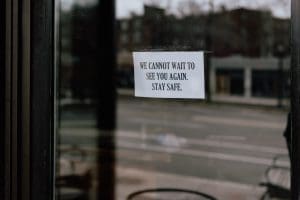

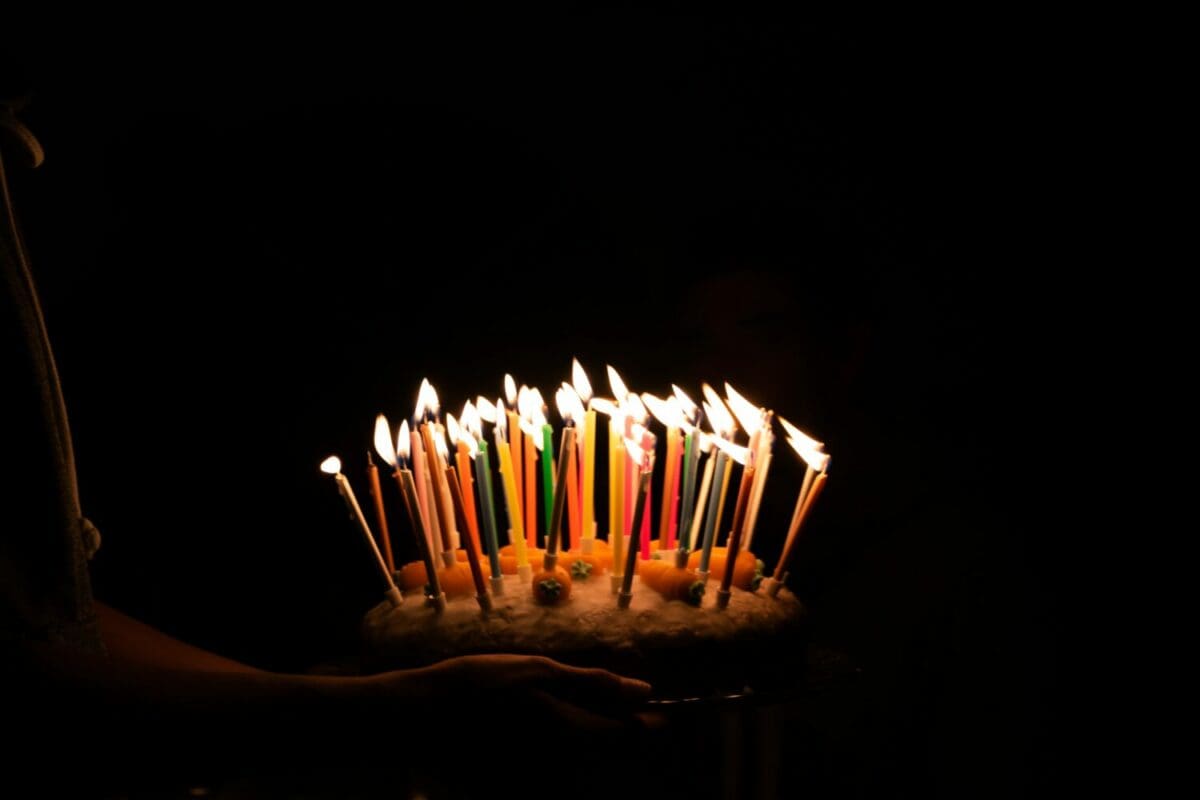


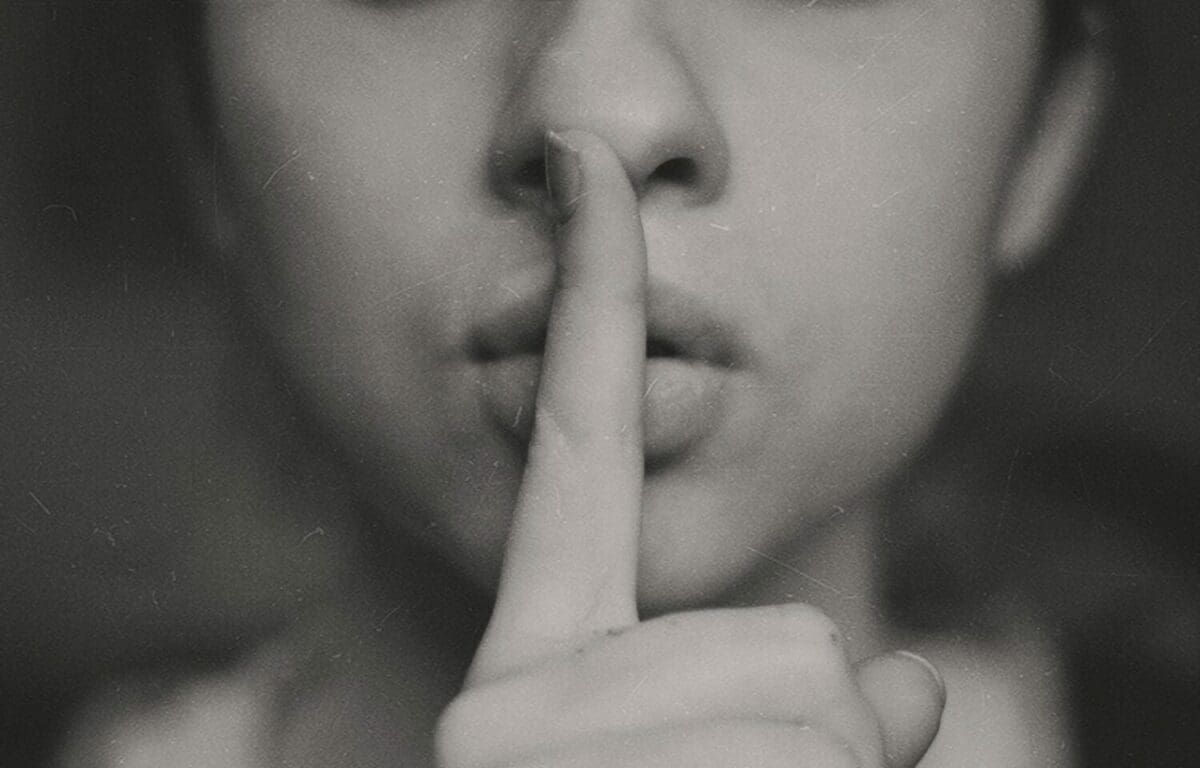

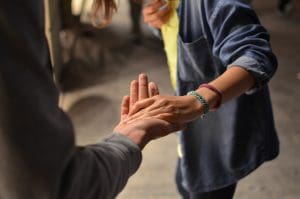
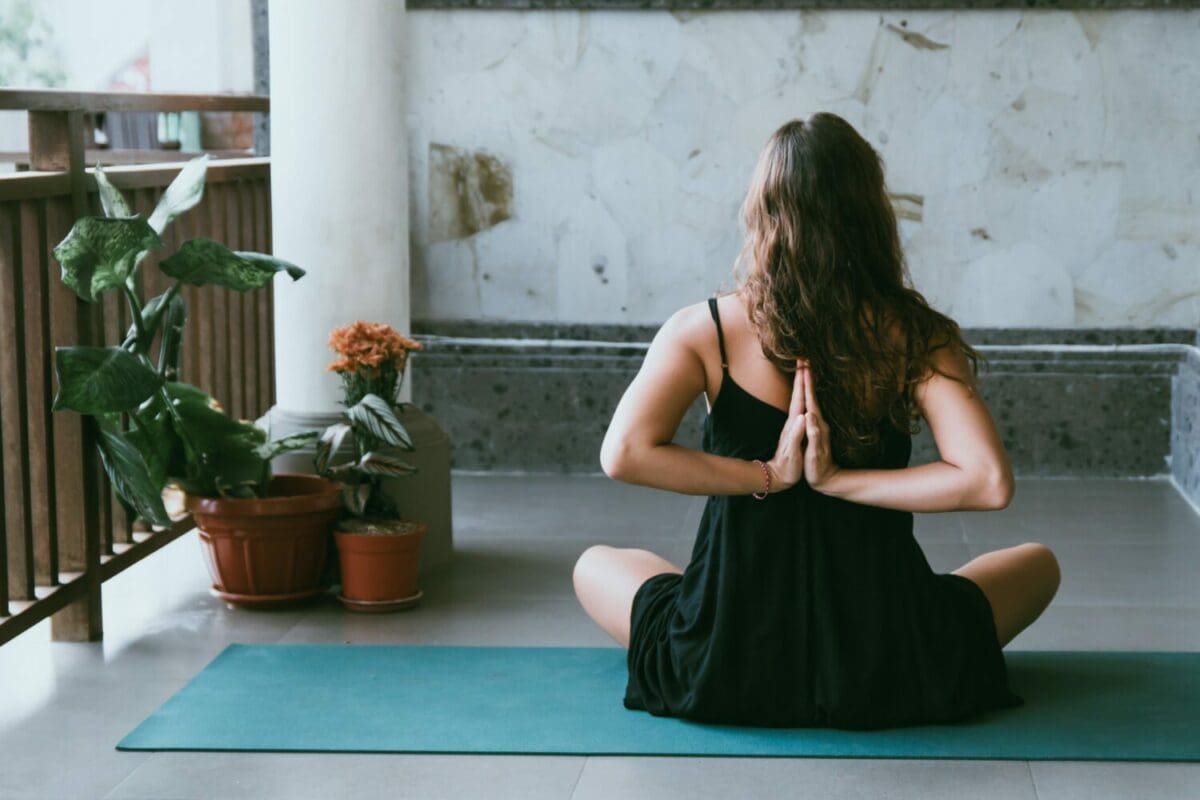

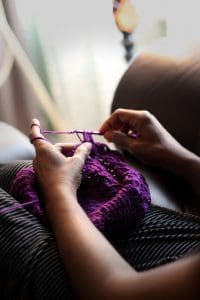





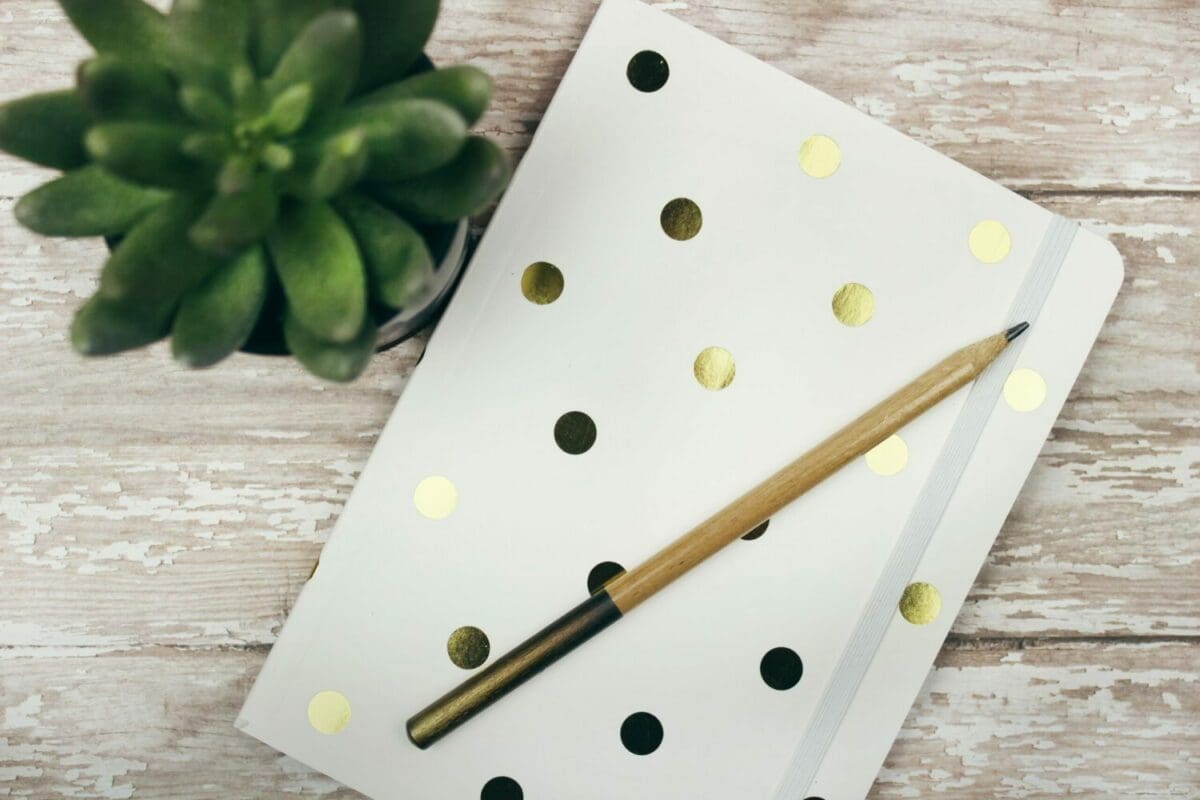




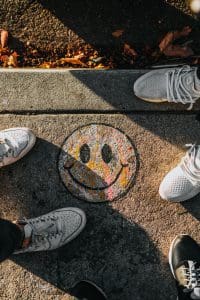
Recent Comments